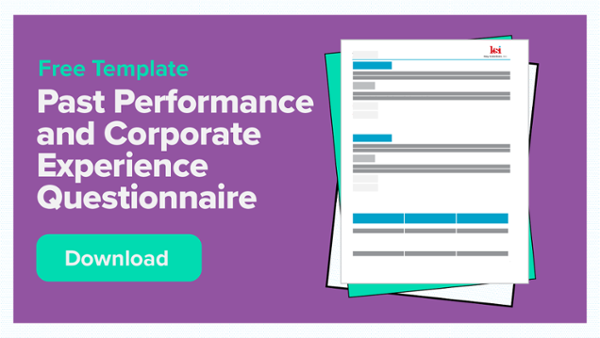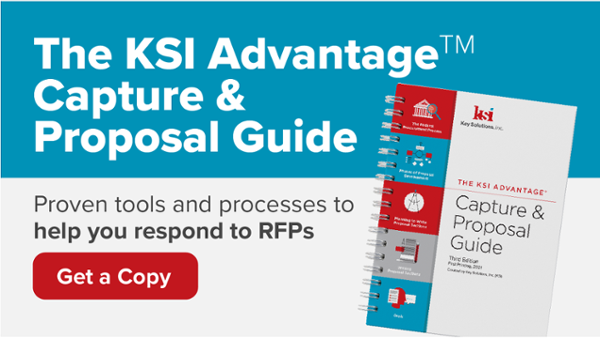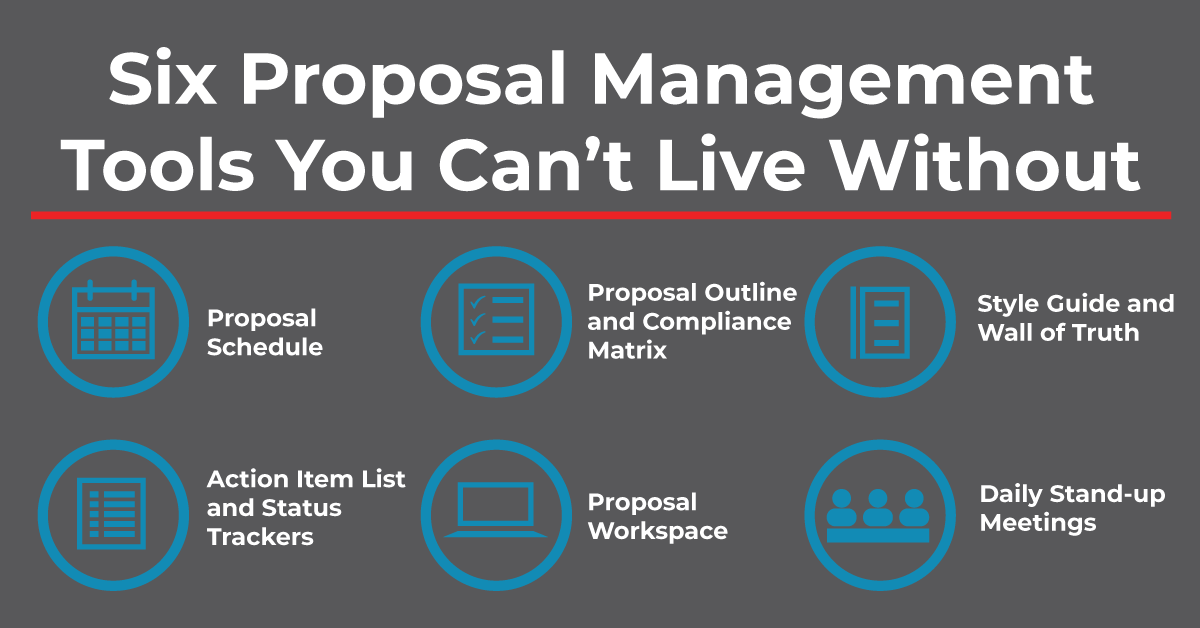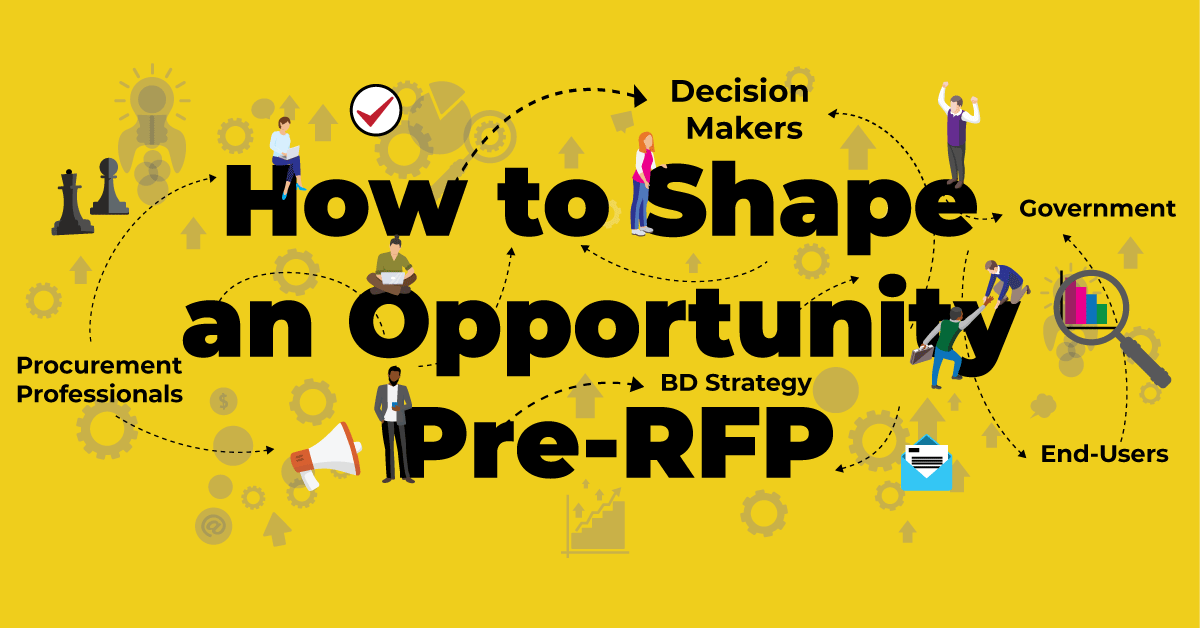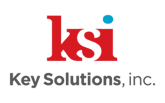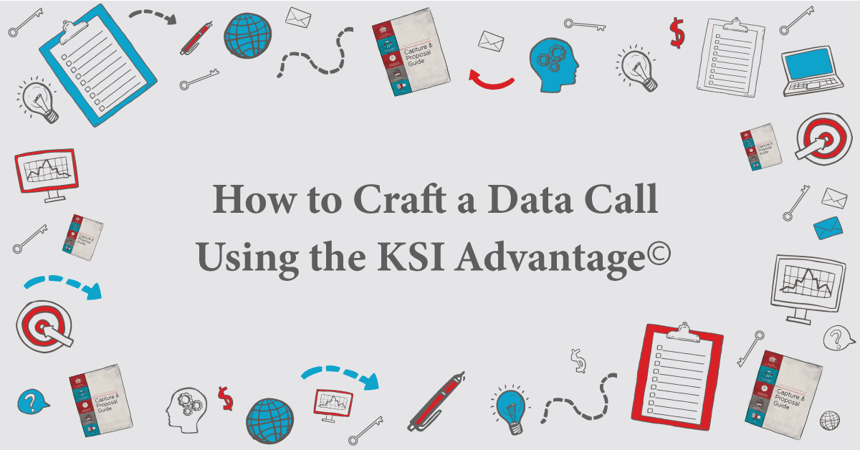
Data calls typically occur early in the proposal effort, but can ostensibly happen at any point during the proposal planning or writing processes.
Even if most of your proposal is boilerplate, even if you have a wealth of past proposals to pull content from, even if the RFP is very simple in what it asks for, chances are you will need to make a data call at some point to gather more facts and details from your teaming partners.
If there’s one thing that’s true about data calls, and federal proposals in general, it’s this: get the facts, get them quick, and get them from the right people!
Thankfully, there’s the KSI Advantage© Capture & Proposal Guide to help you make sure your data call is successful.
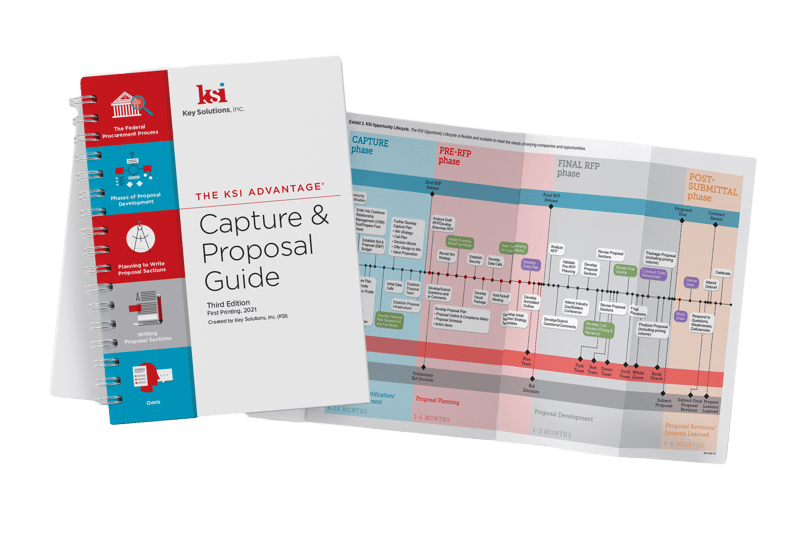
A good data call takes into account the requirements of the SOW/PWS, the instructions from Section L, and the evaluation criteria from Section M. It should ask for the precise information needed and make clear what format the answers need to be in.
Typically, data calls ask for three things: Corporate Information, Past Performance, and Corporate Experience. Let's go over these.
1. Corporate Information
These are basic facts like a company’s official name and abbreviation, address, size, and contact information. This data must be gathered early and is required for almost all proposals.
How are you going to write an Executive Summary, Capability Statement, or even a Cover Letter for you and your teaming partners without this kind of knowledge?!
To see a full list of corporate information, check out Section 2 Data Calls in our Guide.
2. Past Performance
Past Performance is a small group of prior contracts that are comparable in size, scope, and complexity to the opportunity being pursued. Although the requirements of what to include in Past Performance vary depending on the RFP, there’s some data that are almost always required, like customer contact information, period of performance, and summary statement of work.
Section 4.6 Writing Past Performance of the Guide details how to best construct Past Performance, but data calls are when you gather the facts to build your Past Performance section.
Make sure to ask your teaming partners for metrics, and tie them to your features and benefits (e.g. during the 2010 contract, our maintenance software increased repair efficiency by 50%).
3. Corporate Experience
Like Past Performance, Corporate Experience provides information on prior contract references, but is organized by the SOW/PWS and can include dozens of projects.
Corporate Experience requires substantive metrics and should include checkboxes to distinguish which SOW areas are relevant to each past contract. Have as many entries in Corporate Experience as necessary to show competency in each SOW area.
Corporate Information, Past Performance, and Corporate Experience are what most data calls are for, but the great virtue of data calls is that they can ask for anything: from simple things like basic company information and photographs, to the more complicated, like compliance data or statistics.
This versatility serves your proposal well and enables you to write as thoroughly and detailed as you need it to be. To see a sample data call, look at Appendices 10 through 12 in our Guide.
Remember: data calls should be scheduled flexibly enough that all relevant team members are able to answer effectively. One big data call can be overwhelming, and too many staggered data calls can be annoying and inefficient. Gauge what information you need and how much you must have, then assess your team’s capabilities and plan accordingly.
To get a better idea of where data calls fit into the proposal process and when to plan them, see Exhibit 2. KSI Opportunity Lifecycle in our Guide, and for more information on how to best plan a proposal, download KSI’s free e-book, A Guide to Developing a Winning Proposal Plan.
CONCLUSION
While proposals can often feel like guesswork, they don’t have to be! Our KSI Advantage© Capture & Proposal Guide covers much more than data calls and can show you the ropes if you’re new to govcon, or make the process easier if you’re a seasoned veteran.
